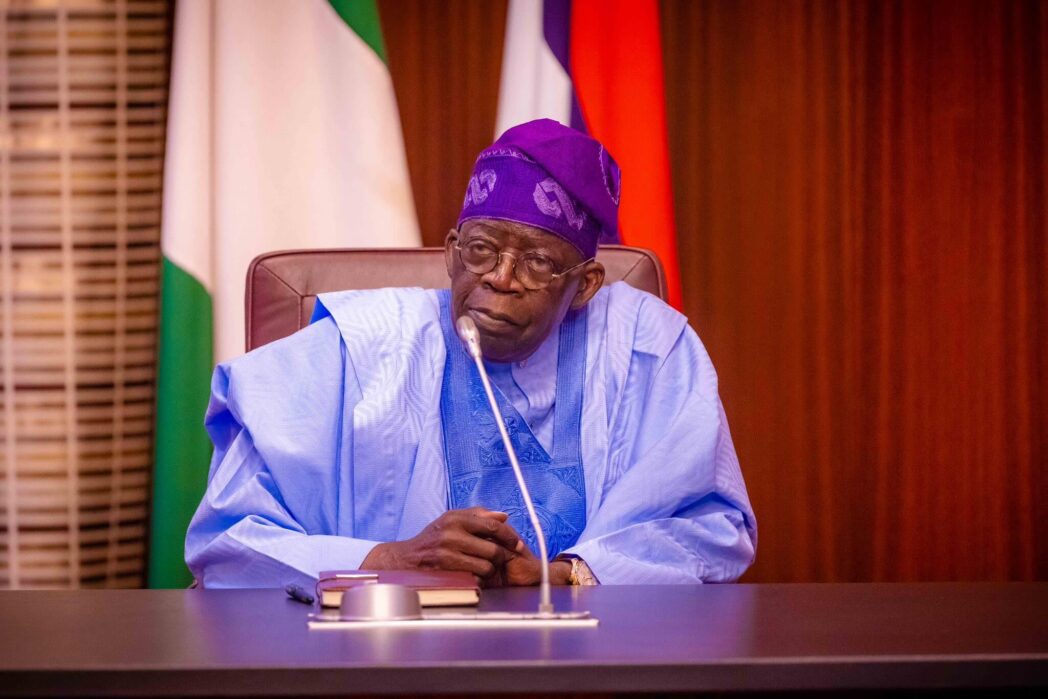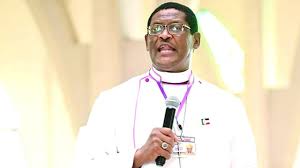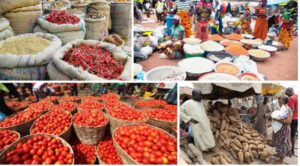

Nigeria will attract foreign investors with new economic incentives – Tinubu
..Says no regret whatsoever in removing subsidy
…Hails Nigerians, says patience towards economic hardship won’t be taken for granted
…Eyes global partnerships, local investment to boost food security, economic growth
By Sodiq Adelakun
President Bola Ahmed Tinubu has reiterated Nigeria’s dedication to attracting foreign investment by introducing a range of new economic incentives aimed at diversifying the nation’s economy.
During his first media chat on Monday, Tinubu outlined his administration’s strategy for economic growth, highlighting key sectors such as energy, agriculture, and manufacturing as central to the nation’s development. He stressed Nigeria’s vast potential, particularly in solid minerals and renewable energy, as crucial to securing the country’s economic future.
“We have solid minerals within our borders, with Kaduna holding the largest deposit of lithium, a key resource for the growing electric vehicle industry. By encouraging electric vehicle production and investing in compressed natural gas, we can foster a thriving automotive manufacturing sector,” he said.
The president also emphasised the importance of offering tax incentives, tax holidays, land rebates, and manageable fees as part of the government’s strategy to attract both local and foreign investors.
In addition to the energy and automotive manufacturing sectors, Tinubu highlighted the significance of harnessing the country’s marine ecosystem, improving local production capabilities, and boosting agricultural output. He stressed the need for a conducive environment for businesses, including offering low-interest loans to farmers and manufacturers to stimulate growth.
The president also assured investors that his administration would focus on improving infrastructure and security to ensure a safe and stable business environment.
“With improved security, farmers will be able to return to their lands, while industries will benefit from more predictable operations,” he added.
On the contentious issue of fuel subsidy removal, Tinubu stated that he had no regrets about the decision, which has sparked widespread debate across Nigeria. He explained that the removal was vital for the country’s economic survival and long-term prosperity.
“The subsidy had become financially unsustainable, and Nigeria could no longer afford it,” Tinubu said.
“The funds previously allocated to fuel subsidies will now be redirected to more impactful investments in infrastructure, security, and social services, which are critical for Nigeria’s growth.”
Defending his decision, the president stressed that the subsidy had placed a significant strain on the nation’s finances.
“We have a huge country, vast forests, and unoccupied lands. If we continue with unsustainable practices, we will never be able to fund the development we need,” he added.
Tinubu further explained that the removal of the subsidy would enable more efficient resource allocation, allowing the government to focus on critical sectors such as agriculture, healthcare, and infrastructure development.
Acknowledging the immediate challenges posed by the policy shift, the president assured Nigerians that his administration would introduce measures to ease the impact. These measures include boosting local production, increasing investments in agriculture, and improving transportation systems to reduce costs.
Despite facing criticism, Tinubu remained resolute in his position, reiterating that the subsidy had drained the nation’s finances and that Nigeria needed to adjust to the economic realities of the modern world.
“We cannot continue to do what we were doing yesterday in today’s economy. The essence of this reform is to reposition the economy for future growth,” he said.
The president expressed confidence that Nigeria is on the path to recovery, heralding a new dawn for the country. In his media chat, Tinubu outlined the significant strides his administration has made in addressing Nigeria’s economic challenges and assured citizens that the nation is on track to overcome its obstacles.
“The new dawn is here,” Tinubu proclaimed, stressing that despite the various challenges, Nigeria is moving forward towards a brighter future.
He acknowledged that the journey would not be easy but emphasised that his administration is committed to restoring the country’s economic health, ensuring security, and improving the lives of Nigerians.
In a related development, the president revealed plans for the country’s livestock and agricultural sectors, vowing to turn challenges into opportunities for national prosperity.
“We have what it takes; we can feed ourselves and feed other nations. It’s time to commercialise the industry and remove the conflicting elements,” Tinubu asserted, pointing to Nigeria’s vast arable land and abundant livestock.
He highlighted the urgent need to address the structural barriers that have hindered the full potential of Nigeria’s agricultural industry, particularly in livestock farming.
Tinubu expressed optimism about the opportunities ahead, citing his recent trip to Brazil, where, in just two days, he secured $2.5 billion in investments for Nigeria’s agricultural sector.
“Brazil has visited Nigeria, and we aim to turn what we see as a tragedy into an opportunity for prosperity,” he said.




